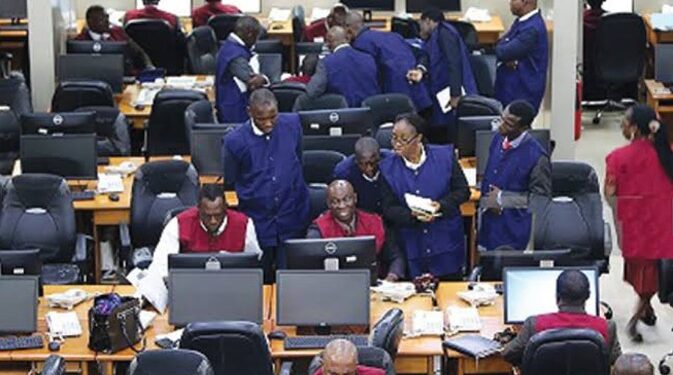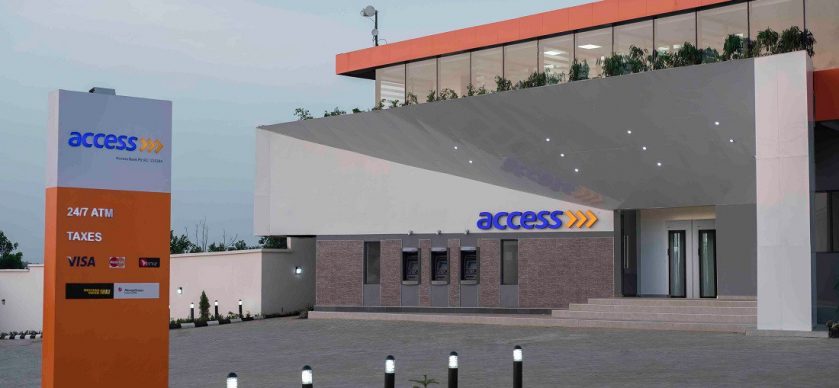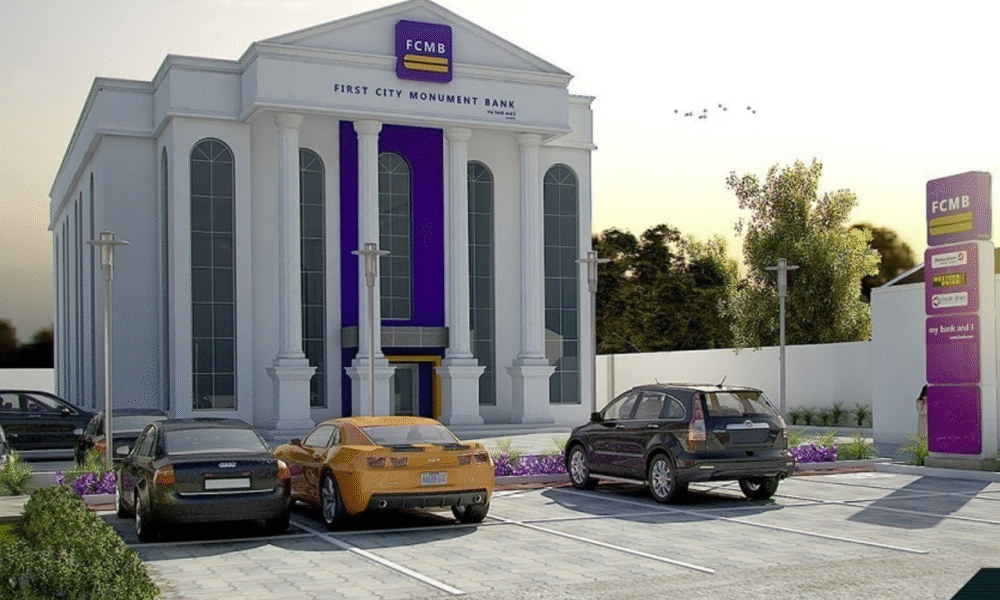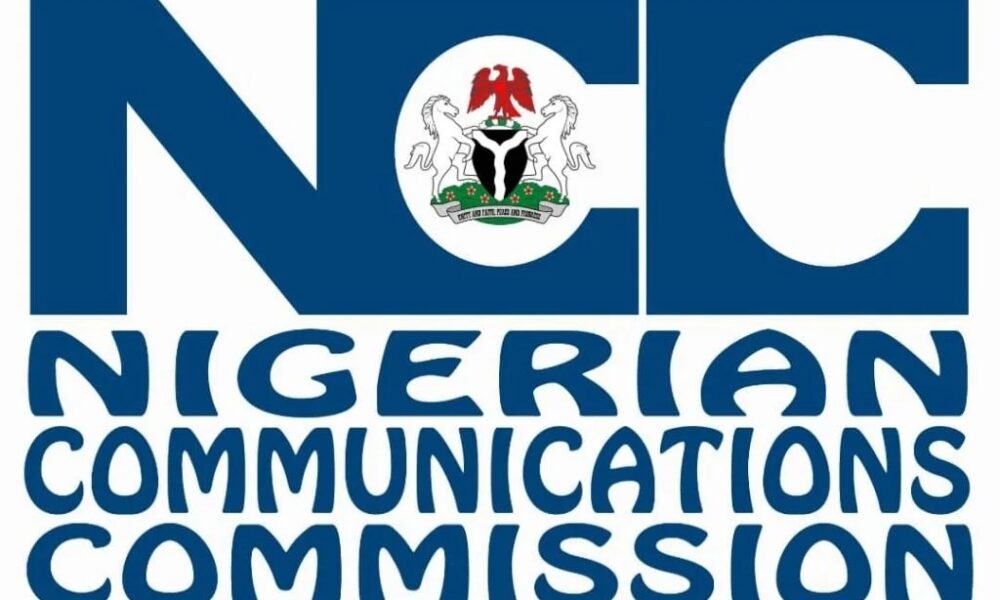Oil & Gas
Naira-for-crude: Why petrol price may continue to rise

By Emeka Ejere
Nigerians expecting the renewal of the naira-for-crude deal between the Nigerian National Petroleum Company Limited NNPC LTD and the Dangote Petroleum refinery may have to wait further, as there are strong indications that their prayers are not likely to be answered anytime soon.
Launched on October 1, 2024, the six-month agreement, which expired on Monday, March 31, 2024, allowed the Lekki-based facility to buy crude oil in naira rather than US dollars, aiming to boost local supply, cut import costs, and ease petrol prices.
However, with no clear decision on its renewal, pump prices have spiked, with stakeholders fearing that the worst may not have been seen.
The uncertainty is already hitting consumers hard. In just one week, petrol prices jumped from N860 per litre to over N930 in Lagos, reaching N950 in Abuja and N960 in the north, with dealers blaming government’s failure to extend the deal.
Oil marketers project further hike in pump price, warning that the cost may hit N1,000/litre in weeks, undoing the relief the deal once provided, if action is not taken without further delay.
Read Also:
An insider at the Ministry of Finance familiar with the ongoing negotiations revealed that no significant progress has been made. The source said both parties could not engage in any meeting throughout the past week.
“Nothing new has happened. Probably after the holidays, the committee will sit and meet,” the senior government official stated.
NNPC recently stated that the 650,000 barrels per day Dangote refinery had received 48 million barrels of crude oil in naira under the deal. It also said a total of 84 million barrels of crude had been supplied to the refinery since it commenced operations in 2023.
NNPC’s Chief Corporate Communications Officer, Olufemi Soneye, in a statement, explained that the initial deal was for six months and discussions for the renewal of the agreement were currently ongoing, with the aim of establishing a new contract.
However, events took a drastic turn when on March 19 the Dangote refinery announced a temporary suspension of the sale of petroleum products in naira.
Citing a mismatch between naira proceeds and dollar-denominated crude costs, the largest single-train refinery in the world shifted gears, prompting private depots in Lagos to raise loading prices from N850 to N900 per litre.
Industry sources said the deal failed because the national oil company had used large volumes of its yet-to-be-produced crude oil to acquire loans from various international financial institutions, making it tough for the oil firm to have enough crude to supply the domestic market.
Crude-for-loan
Checks by Business Times revealed that NNPCL may continue servicing its crude-for-loan obligations till 2029 as the demand for oil by domestic refineries increases. The oil firm’s debt burden arises from several crude-for-loan agreements that have tied volumes of the country’s oil production to various financial commitments.
This is as the local demand for crude has continued to rise following the coming on stream of the Port Harcourt and Warri refineries, alongside the mega $20bn Dangote Petroleum refinery.
Also, the Nigerian Upstream Petroleum Regulatory Commission (NUPRC) revealed in January that the Port Harcourt, Dangote, Warri, and other functional refineries would require 123,480,500 barrels of crude oil between January and June 2025. This means the demand for crude by indigenous refiners has continued to rise amid the crude-for-loan obligations of the national oil company.
Findings showed that the NNPCL has pledged 272,500 barrels per day of crude oil through a series of crude-for-loan deals totalling $8.86bn. Pledging 272,500 barrels daily means that about 8.17 million barrels of crude will be used for different loan deals by the national oil firm monthly.
Unpleasnt salla gift
As Nigerians were celebrating Eid-el-Fitri,Business Times observed that the Dangote refinery, which had crashed petrol prices multiple times between December and March, bowed to pressure, as its partners like MRS, Heyden, and Ardova raised petrol prices from N860 to N930/litre in Lagos and neighbouring states, and to higher levels in the north.
The situation may worsen in June, when the Dangote refinery’s petrol unit is slated for a 30-day maintenance shutdown, according to Reuters. This could disrupt supply further, piling pressure on an already strained market and potentially driving prices even higher.
Reacting to the development, the National Publicity Secretary of the Independent Petroleum Marketers Association of Nigeria (IPMAN), Chinedu Ukadike, decried the current situation, noting that it was the sole reason for the upward movement in petrol prices by depot owners and retailers. He said a stakeholders meeting has been called by relevant bodies to chart a way forward.
Ukadike said, “Because of this issue, we’ve called for a stakeholders meeting. We are going to meet to discuss it and come out with a way forward. We clamoured that crude oil should be sold in naira and any deviation would affect us. Our stakeholders’ meeting is very imminent.
“We had initially planned to meet this week, but it was postponed to May 1, 2025, because of the Sallah break and the upcoming Easter break.”
Also, the Vice President of IPMAN, Hammed Fashola, regretted that Nigerians might go back to buying a litre of petrol at N1,000/litre if the sale of crude in naira is not reconsidered with the Dangote Group.
Fashola argued that although the price of crude oil and the exchange rate are the major factors determining the prices of petroleum products, the naira-for-crude arrangement would help to tame the local price of fuel.
“It’s unfortunate the price of PMS is going up again. Although if you look at the crude oil, it is rising, the cause of this matter is Dangote and the naira-for-crude issue. Because we noticed that when Dangote announced the stoppage of the contract, there was an immediate reaction, especially from DAPPMAN members. They increased their prices, which is unfortunate,” he said.
Threat to FX stability, FDI
However, while IPMAN and the general public are calling for immediate renewal of the naira-for-crude deal, members of the Depot and Petroleum Products Marketers Association of Nigeria (DAPPMAN), are chanting a different song.
The Executive Secretary of DAPPMAN, Olufemi Adewole, in a statement warned that naira-for-crude oil transaction framework could pose significant risks to Nigeria’s foreign exchange (FX) stability and discourage Foreign Direct Investment (FDI).
Adewole highlighted that such a policy might create volatility in the forex market, undermining investor confidence and worsening the country’s economic challenges.
According to him, the lack of a stable exchange rate framework could deter foreign investors who prioritise transparency and predictability in financial transactions.
“The global oil market operates in U.S. dollars due to its stability. Continuing the policy could alienate trade partners and investors who rely on the predictability of the dollar,” he stated.
Citing the historical instability of the naira due to inflationary pressures and fluctuating exchange rates, Adewole asserted that tying crude oil transactions to the naira could exacerbate these challenges.
“The naira has experienced significant fluctuations over the years, driven by inflation and exchange rate instability. If crude oil transactions are linked to the naira, these issues will only worsen, potentially triggering capital flight and causing foreign investors to seek alternative markets. This would negatively impact Nigeria’s economic growth, the sustainability of the sector, and the efficiency of the oil and gas value chain,” he said.
But IPMAN believes that DAPPMAN members were only trying to protect their business interest.
-

Apple’s “Campos” AI Chatbot Set to Replace Siri in Major Overhaul
-

Nigerian Exchange Ends Thursday Mixed as Trading Volume Falls
-

Access Bank Sets Agenda for Africa Trade Conference 2026
-

Access Bank Sets Agenda for Africa Trade Conference 2026
-

FCMB Reports ₦177bn Profit in 2025, 141% Growth YoY
-

Telcos Plan ₦1.4tn Investment to Expand Networks in 2026 – NCC
